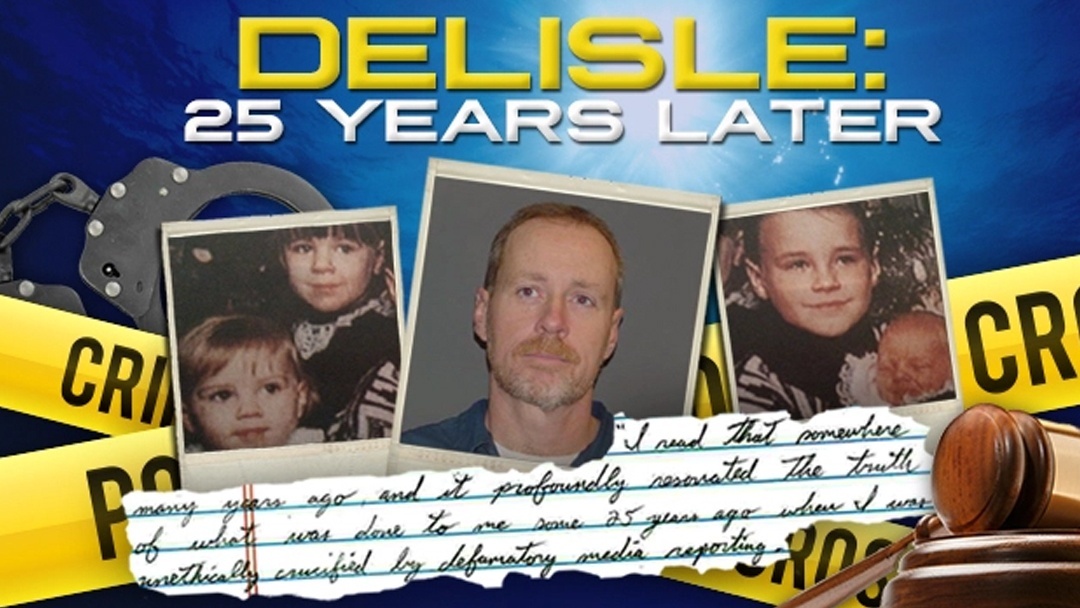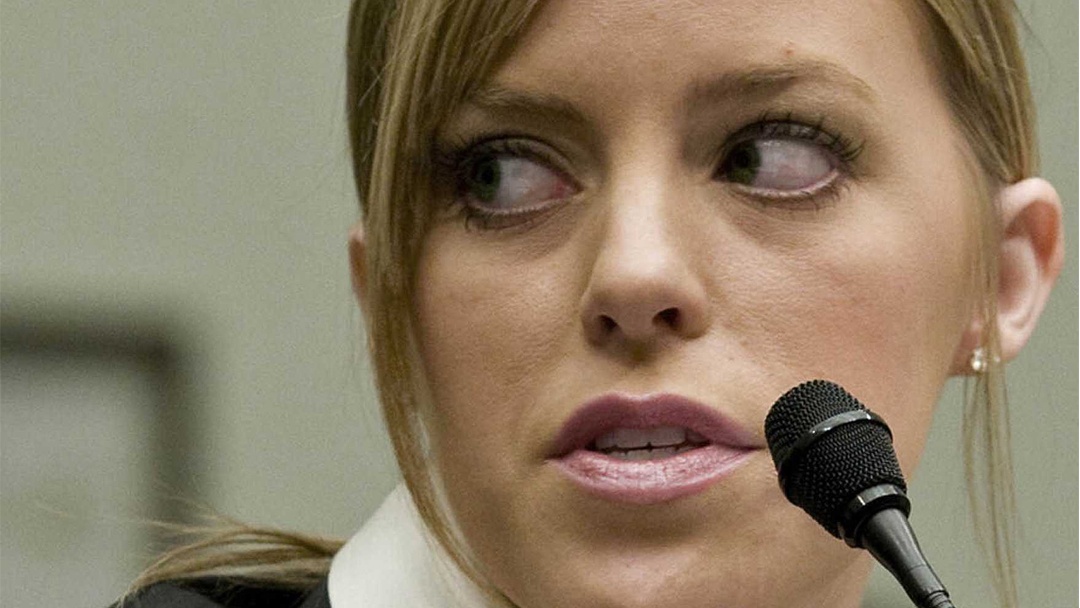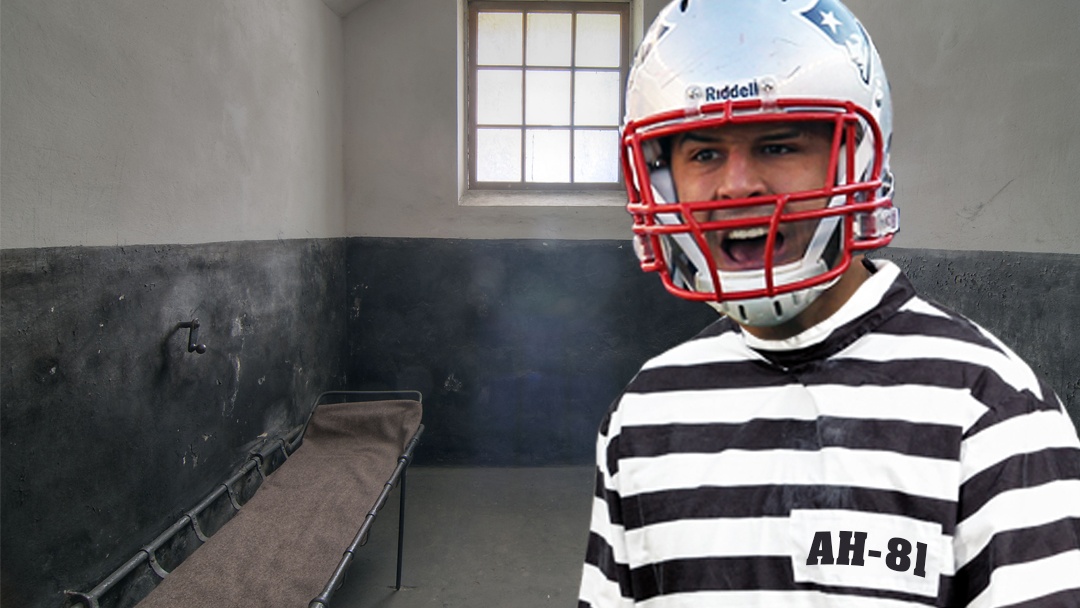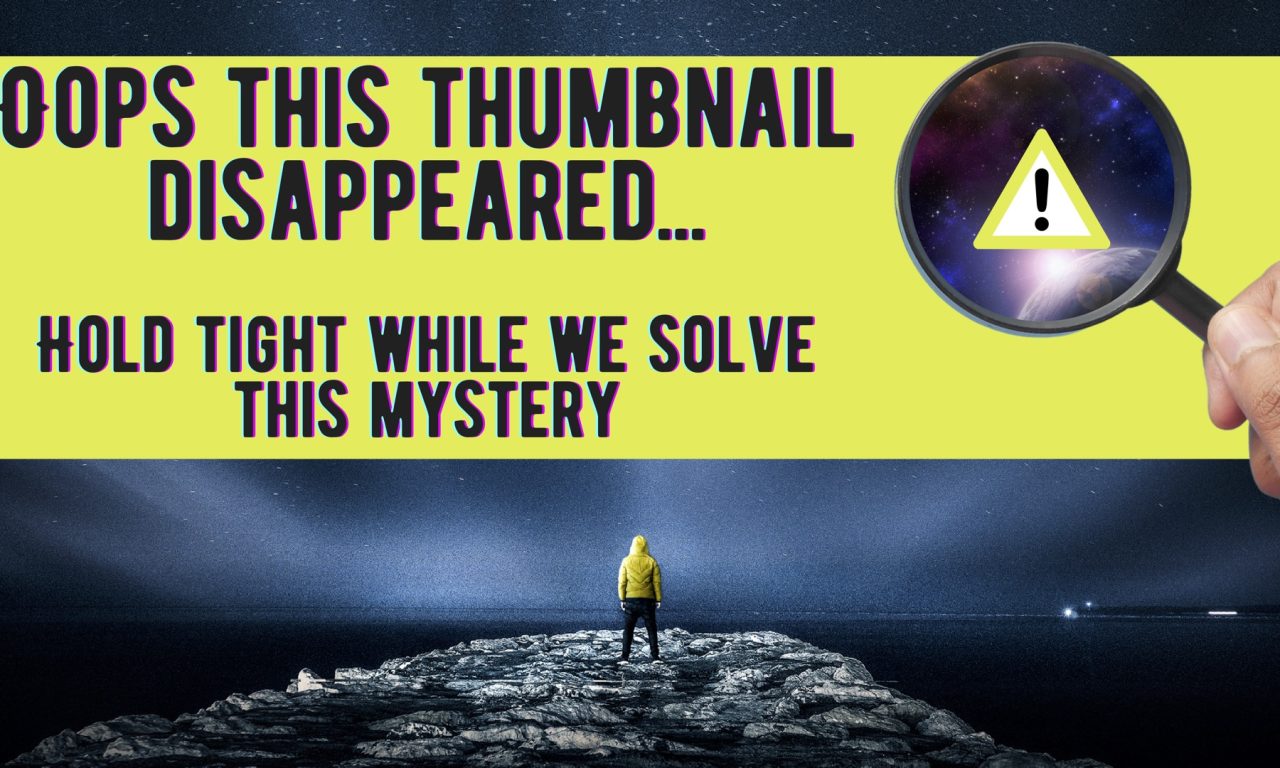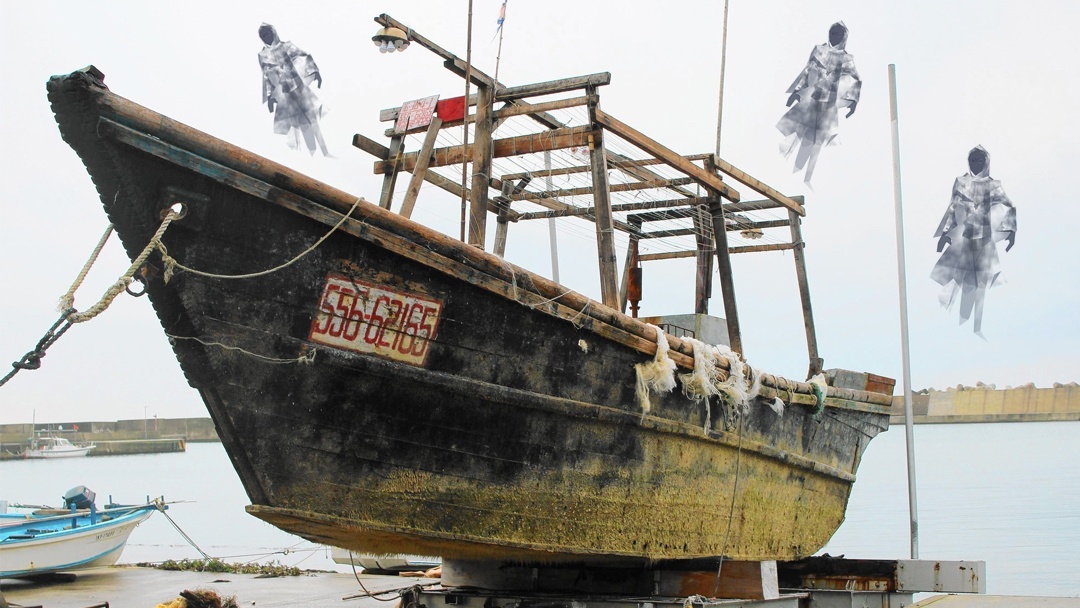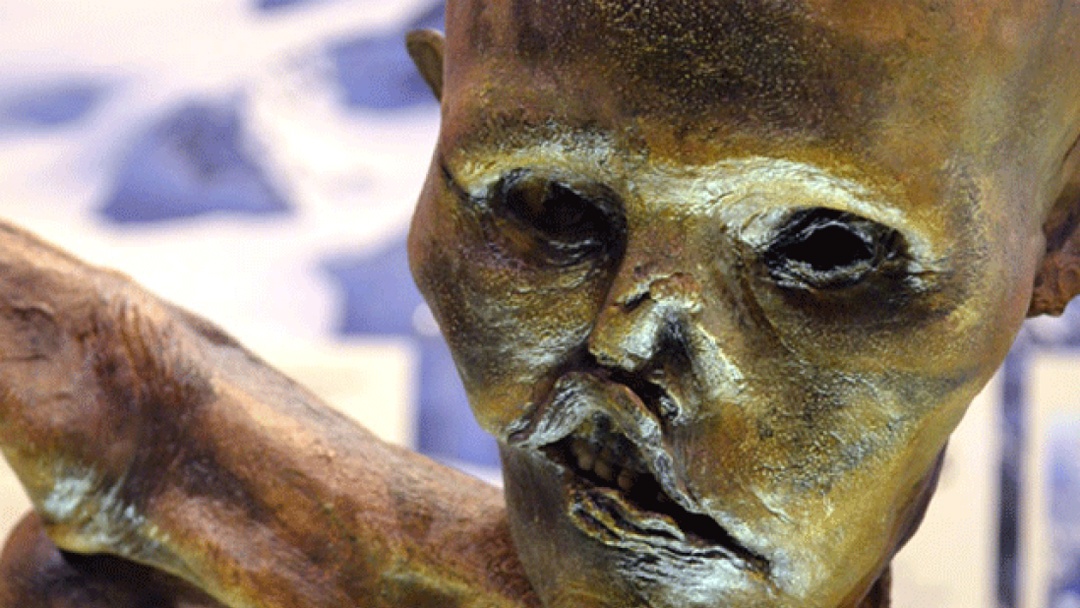 Watch Lawrence Delisle withstand questioning by the detective, hour after hour, concerning his cars’ plunge into the Detroit River with the loss of his four children’s lives, and you’re not really in the presence of “cops and questions” anymore. You’re not even in the presence of old-time cops as bullies, sticking their grill right up to their suspect’s face and pushing the idea, “you did it, admit it dammit, just admit it.”
Watch Lawrence Delisle withstand questioning by the detective, hour after hour, concerning his cars’ plunge into the Detroit River with the loss of his four children’s lives, and you’re not really in the presence of “cops and questions” anymore. You’re not even in the presence of old-time cops as bullies, sticking their grill right up to their suspect’s face and pushing the idea, “you did it, admit it dammit, just admit it.”
No, you’re watching a whole new level of police performance, Sigmund Freud as detective, someone with the conceit, and perhaps the actual training, to shrink heads down to the size of a pea, or twist them inside out like pretzels.
Detective Paraltier speaks of inner guilt, even deeper inner demons, he goes from the surface to beneath the skin of the psyché to the seat of the soul, and back again. It is hypnotic, as a defense attorney alleged—many of us might admit to the Lindberg kidnapping after a few hours of that.
That’s not to say that the detectives aren’t highly trained, or that their prey aren’t actually guilty of serious crimes. In some cases they may well be.
What’s startling is that, with no formal declaration that the rules were changing, we’ve brought the profession of psychiatry right into the police station. Those little interrogation rooms are no longer places where persons of interest come to answer some very pointed questions, and then go home. They’ve become the last stop for your psyché.
 This is one of the episodes of Netflix’s “Confession Tapes,” streaming in the fall of 2017 to good reviews. The “Tapes” deserves it’s accolades—if you’re a serious mystery analyst, and haven’t watched yet, do so. Your sense of police “interrogation” will never be the same.
This is one of the episodes of Netflix’s “Confession Tapes,” streaming in the fall of 2017 to good reviews. The “Tapes” deserves it’s accolades—if you’re a serious mystery analyst, and haven’t watched yet, do so. Your sense of police “interrogation” will never be the same.
And Delisle, was he quilty of premeditation? How could anyone be sure? Yet he was convicted and sent up for life. So we’re left with a sobering thought: since when has psychiatry, that mysterious and inexact science, removed all room for “reasonable doubt?”
We’ll be discussing all the cases in the series in time, each one disquieting in its own, unique way.
